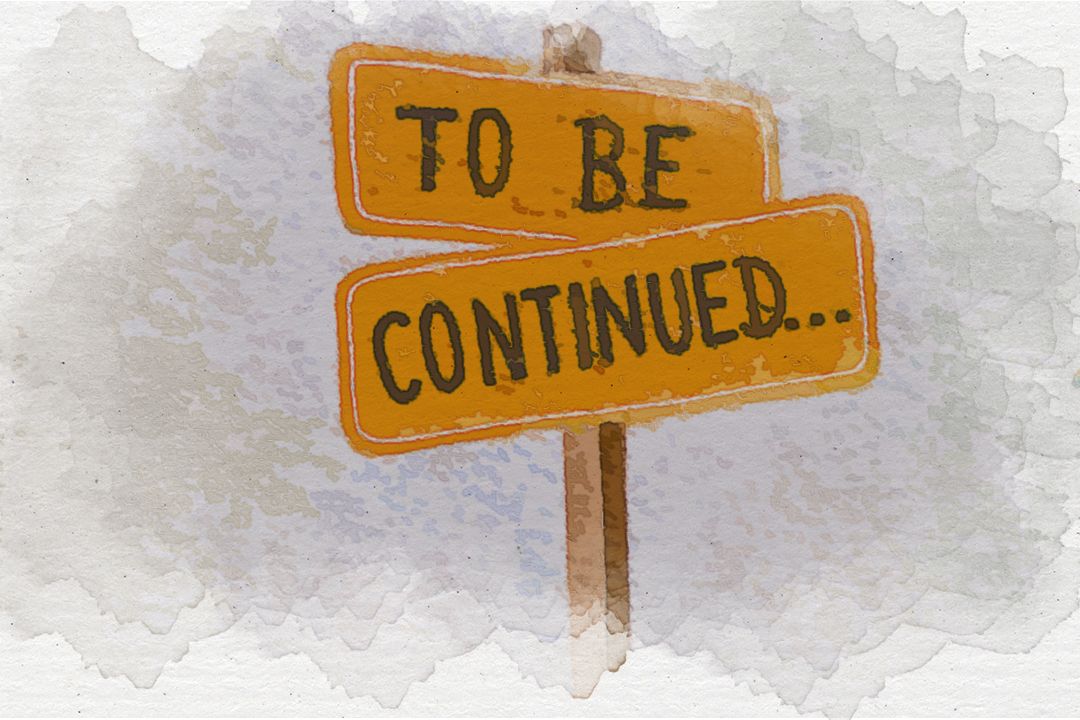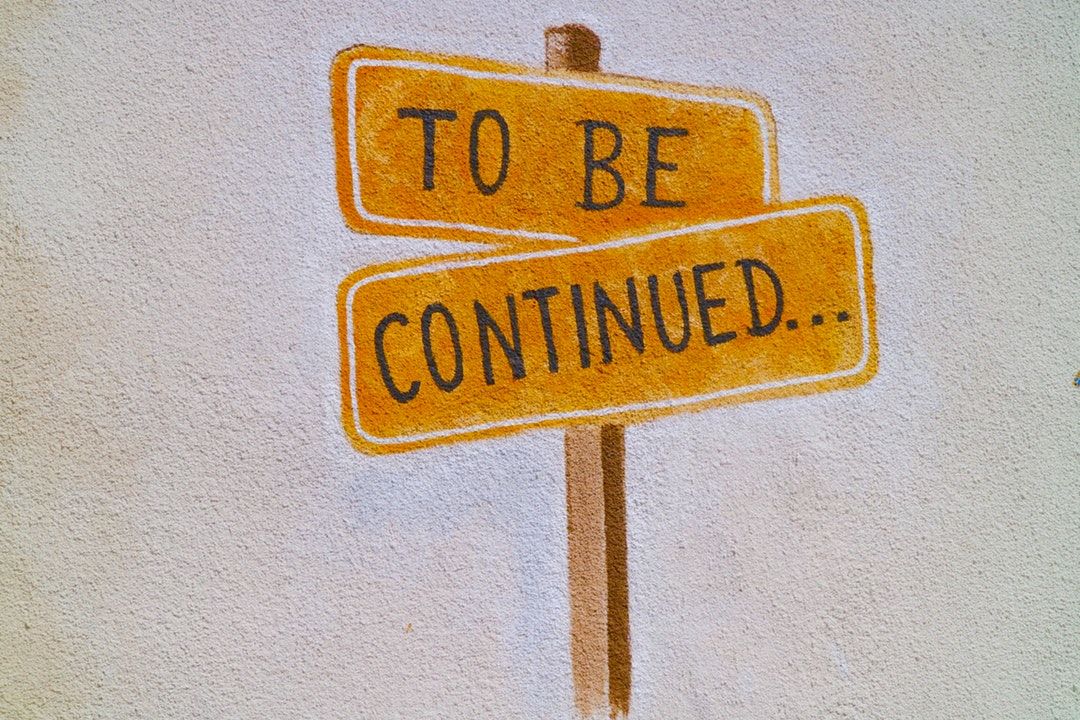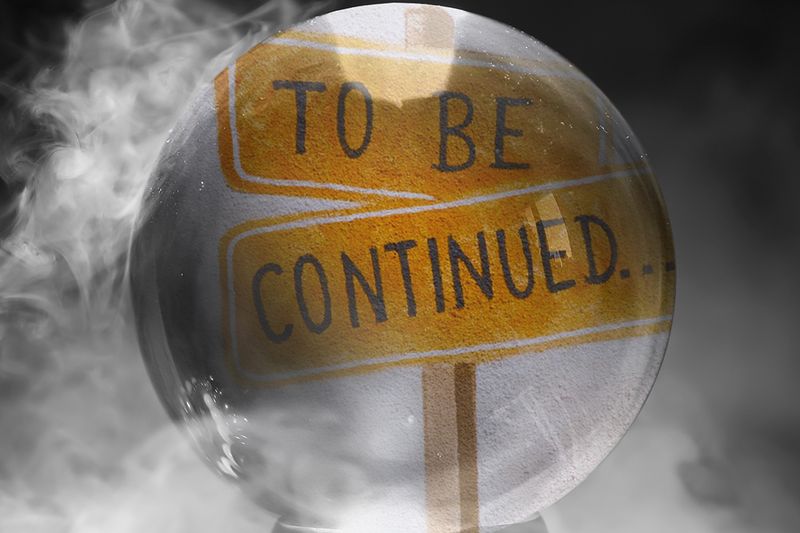Spock or Sherlock?

Allusions Within an Illusion — The Stories We Tell Ourselves
Sophia, a brilliant quantum physicist, often reflected on the nuances of reality and the mysteries it concealed. As she grappled with a particularly stubborn quantum behaviour that refused to align with known theories, she recalled a phrase from Arthur Conan Doyle, one that had long inspired her methodological approach to seemingly inexplicable phenomena.
How often have I said to you that when you have eliminated the impossible, whatever remains, however improbable, must be the truth?
— Arthur Conan Doyle (1859-1930)
This quote was etched onto a small brass plaque on her desk, a gift from her mentor during her doctoral studies. It reminded her that one must consider even the most unlikely scenarios in the face of the impossible. With this in mind, Sophia began to reevaluate her data, considering quantum entanglement from a new angle, one in which proposed particles could be interconnected in ways previously deemed impossible by traditional physics. This perspective was met with skepticism, but Sophia pursued it, driven by Doyle’s logic and her days turned into nights filled with calculations and simulations, each step bringing her closer to a revolutionary theory. Eventually, her persistence paid off. Her findings not only held up under scrutiny but also paved the way for new technologies in quantum computing, proving that what was once deemed improbable could indeed shape the future.
After publishing her groundbreaking research, Sophia was invited to speak at an international science conference set against the backdrop of the Swiss Alps. There, surrounded by some of the most breathtaking landscapes on Earth, she was reminded of another quote:
The most beautiful thing in the world is, of course, the world itself.
— Wallace Stevens (1879-1955)
This quote was mentioned during a lecture on environmental science, emphasizing the intricate beauty of nature’s own systems, systems not unlike those Sophia studied. Inspired, she decided to explore the parallels between natural and quantum systems in her next research project, hypothesizing that the patterns found in nature might reveal more about underlying quantum mechanics. Her subsequent papers, which drew analogies between the branching patterns of trees and the paths of particles in a quantum field, were celebrated for their innovative approach and beautiful synthesis of natural and scientific worlds. Through this work, Sophia not only contributed to her field but also fostered a deeper appreciation for the interconnected beauty of the universe, advocating for the preservation of the natural world which mirrored the complexities of her quantum studies.
As her reputation grew, Sophia became a respected figure in the scientific community, known for her intellect and philosophical approach to science. This perspective was particularly influenced by Oswald Spengler, whose thoughts on cultural perception and knowledge resonated with her:
When one convinces oneself that that one knows the soul of an alien culture from its workings in actuality, the soul-image underlying the knowledge is really one’s own soul-image. New experiences are readily assimilated into the system that is already there, and it is not surprising that in the end, one comes to believe that one has discovered forms of eternal validity.
— Oswald Spengler (1880-1936)
Sophia reflected on these words during a panel discussion on the cultural implications of scientific discoveries. She argued that scientists often project their cultural and personal biases onto their interpretations of data, influencing their theories and sometimes obscuring objective truths. She advocated for a more culturally aware scientific process, one that recognized and minimized personal biases to understand the universal truths of nature better. This approach enhanced her research and encouraged a more holistic view among her peers, leading to more robust and universally applicable scientific theories.
As she advanced in her career, Sophia's focus shifted toward the philosophical underpinnings of happiness and self-awareness within the scientific community. During a quiet moment of reflection at a conference on human consciousness, she found particular solace in a quote by Walter Benjamin:
To be happy is to be able to become aware of oneself without fright.
— Walter Benjamin (1892-1940)
This quote inspired Sophia to explore scientific discovery's psychological impacts on scientists. She developed a series of workshops that helped researchers grapple with their work's ethical and personal implications, promoting a healthier, more reflective approach to science. These workshops became immensely popular and praised for helping scientists confront the existential and moral questions often accompanying cutting-edge research. Sophia's efforts showed that understanding oneself could lead to greater personal and professional happiness and fulfillment, enriching the scientific community by fostering a culture of thoughtful introspection and ethical awareness.
In her later years, after decades of contribution to science and philosophy, Sophia enjoyed a semi-retired life filled with guest lectures and mentorship roles. During a lively debate on organizational behaviour in science, she humorously quoted Thomas Sowell, sparking laughter and nods of agreement from the audience:
“People who enjoy meetings should not be in charge of anything.”
— Thomas Sowell (1930-present
This quip became a lighthearted but poignant critique of bureaucratic tendencies in scientific institutions, reminding her colleagues that effective leadership often required more than just administrative diligence; it required creativity, flexibility, and, most importantly, a genuine passion for innovation. Sophia's comment became a memorable moment in the conference, reinforcing her belief that science should be driven by curiosity and discovery, not red tape and endless meetings.
Throughout her illustrious career, Sophia's journey through the realms of quantum physics, philosophy, and cultural reflection advanced scientific understanding and nurtured a deeper, more compassionate approach to the intertwined narratives of science and human experience. Her legacy, marked by intellectual bravery and a boundless curiosity about the nature of reality, continued to inspire new generations of scientists to explore, discover, and, above all, to wonder at the beauty of the world and the intricate tales we tell ourselves about it.

The planksip Writers' Cooperative is proud to sponsor an exciting article rewriting competition where you can win part of over $750,000 in available prize money.
Figures of Speech Collection Personified
Our editorial instructions for your contest submission are simple: incorporate the quotes and imagery from the above article into your submission.
What emerges is entirely up to you!
Winners receive $500 per winning entry multiplied by the article's featured quotes. Our largest prize is $8,000 for rewriting the following article;

At planksip, we believe in changing the way people engage—at least, that's the Idea (ἰδέα). By becoming a member of our thought-provoking community, you'll have the chance to win incredible prizes and access our extensive network of media outlets, which will amplify your voice as a thought leader. Your membership truly matters!


